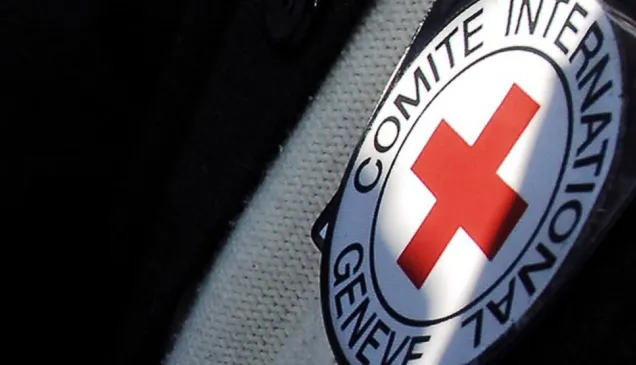Speech by ICRC president: Protecting civilians in peacekeeping operations
Speech by Peter Maurer, president of the International Committee of the Red Cross, at the United Nations Security Council in Geneva, Switzerland.
War equals destruction. Destruction of the enemy, of military targets, of assets and infrastructure. It might be regrettable, but it is not prohibited under IHL, and therefore acceptable. What we cannot accept - what we must not accept - is that war destroys the lives of countless civilians. The protection of civilians lies at the heart of international humanitarian law and at the heart of both the UN's and the ICRC's missions.
Peacekeepers are often deployed on the front lines of armed conflict, with increasingly robust mandates. We know this because in many places, from South Sudan to Mali and the DRC, the ICRC works right alongside them.
Since the UN Assistance Mission in Sierra Leone in 1999, their mandates have increasingly included the protection of civilians, and I commend this Council for its commitment to use the resources at its disposal to ensure people affected by conflict are spared whenever and however possible.
The deployment of peace missions in violent environments, with robust mandates, inevitably raised the question of when and under which conditions IHL applies to them. I believe that this technical discussion should not preclude anyone from aiming for the highest standards, at all times, and that means impeccable respect for IHL.
Because peacekeepers are standard setters. Their over 120,000 members in theory make it the world's third largest army. Their exposure to some of the worst atrocities in human history, from Rwanda to Bosnia, from South Sudan to the Central African Republic, the Democratic Republic of Congo or Somalia today, means that their actions can make a difference in the most difficult situations.
They are held to the highest of standards. And where they fail, for whatever reason, this Council as the organ carrying the responsibility of establishing peacekeeping missions, must draw the appropriate conclusions and act on them in cooperation with troop contributing countries, including on recently mediatized allegations of sexual violence against children, and murder of civilians.
You all know that the ICRC works on the front lines of armed conflicts around the world, and my organization is often among the last international humanitarian actors on the ground, close to the people. What we know from being close to people, in over 80 countries, is that communities possess tremendous strength, particularly in times of fragility and emergency. Neither humanitarians nor peacekeepers must limit or prevent their empowerment.
After all, it is the people in the communities who know their environment and the changing dynamics best. I have myself seen remarkable examples of local men and women negotiating access for humanitarian organizations for instance. There is a role for peacekeepers in community engagement, as the Secretary-General also highlighted ahead of today's meeting. Peacekeepers must create and support those spaces, in which locals can negotiate.
As close as peacekeepers and humanitarians are geographically in the field, it is of vital importance for the ICRC to be perceived and understood as the strictly neutral, independent and impartial humanitarian organization that it is. Any kind of confusion or blurring between the political mandate of peacekeeping missions and the Red Cross Red Crescent Movement's principles can potentially jeopardize our access to people in need and risk the lives of my colleagues. We will continue to protect our distinctiveness, to ensure we can deliver to the best of our abilities for people suffering in wars, and we ask peacekeepers and this Council to do the same. We will continue to rely on our own security protocols, which are not based on weapons but on engagement with and consensus from all arms bearers – and transparency about our strictly needs-based action.
We also want to continue to work with peacekeeping missions, troops and police contributing countries and the UN Secretariat, to further build on the fruitful cooperation we have established over decades.
We are ready to increase - in volume and in depth - our training programs on IHL and the protection of civilians for peacekeepers, ahead of deployment and in-theatre, and to strengthen our protection dialogue with all parties. We are ready to engage on the frontlines of conflict and with all arms-bearers, to find arrangements through which civilians are protected and International humanitarian law is respected. Often the first step towards better protection is by re-building minimal trust amongst belligerents, across contact lines.
Through our substantial experience in the area of detention, we can assist you in preparing for those moments when peacekeepers will likely have to arrest and detain persons. We have seen in the past that preparation is more fruitful than scrambling in an emergency. We need the necessary protocols and procedures on detention, transfer and access for ICRC in place before operations start.
There are other active measures you can take for the effective protection of civilians:
- Scale up peacekeepers' presence where necessary, to effectively deter violence
- Adequately train, equip and resource them so they can do their job
- Develop model operating procedures for mixed peacekeeping missions.
- Ensure the highest standards of behavior
- And lastly, as stated in the Geneva Conventions, respect and ensure respect for international humanitarian law, at all times, including neutral, independent and impartial humanitarian action.



